Thierry Frémaux
Screen Comment. Thank you for accepting to be interviewed for Screen Comment. I’d like you to talk to us about this 64th Cannes Film Festival, of course, but also about what cinema (and the Cannes Film Festival) mean to you. There is no career in the field more prestigious than yours. You are the General Delegate of the Festival and the Director of the Lumière Institute in Lyon. A few years ago, you even declined the position of Director of the Cinémathèque Française, the foremost film institution in the world. You were introduced to what in France is called the Seventh Art at a young age and from then on you never strayed far. Even your graduate dissertation is about cinema. In other words, one can say that you have almost always lived cinema and breathed cinema. Still, if you could see yourself having had a different career, what would it be (beside coach for the OL—the Lyon soccer team)?
Thierry Frémaux. I would have liked to be a writer and a gardener, both at the same time, actually. And I would also have liked to win the Tour de France.
S.C. With the official selection for the Cannes Film Festival competition and events such as the Marché du film (Film Market) every possible kind of cinema is present at Cannes, from major studio productions to indie cinema from various countries to documentaries, shorts, etc. You yourself have always been interested in the entire cinema. But still, you must have preferences. When you go to the movies for yourself and not out of professional obligation, what kind of film are you most attracted to?
T. F. When I’m asked what kind of film I like, I usually answer: the good kind. Meaning that when you’re in Cannes you must first and foremost seek a certain level of excellence. That excellence can be found in the auteur cinema as in the rest: blockbusters, comedies, noir, documentaries, etc. But when I go to the movies as a regular moviegoer, it all depends on my mood. I was shaped by the cinema of the 1970s and the 1980s. I like Wim Wenders’ “Kings of the Road” as much as Sergio Leone’s “Once Upon a Time in the Est” and Nanni Moretti films as much as Francis Coppola ones. Through passion and through my job, I’m a moviegoer who is looking for something: either in the history of cinema—films I’ve not seen—or those I see again and again (Renoir’s “Rule of the Game” every year, for example) or new authors, emerging countries, etc. When you’re a film buff, you like to see films.
S.C. Since its birth, the Cannes Film Festival which has grown and expanded to become what it is today has seen everyone important and less important in the field: filmmakers, actors, etc. If you had to mention one person as having moved, impressed or enchanted you most, who would it be?
T.F. The great democracy that is Cannes puts on the same footing major stars and unknowns. The Cannes Film Festival is built on the sum total of individuals who come from everywhere to turn this little town into the greatest world cinema community. It remains a huge miracle, both extraordinary and frightening. I can’t choose any one person as for me Cannes is an aggregate that I wouldn’t want to pick apart.
S.C. On the other hand, who is the one person who has never been to the Festival whom you would have liked to see there?
T.F. The writer and poet Jim Harrison who’s an extraordinary artist and a great friend. “I’m too old for this kind of thing” was his response to me.
S.C. One would think that after all these years, you’d be quite immune to stress. Or do you still see difficult situations? Talking about which, can you tell Screen Comment about one particularly stressful moment for you as General Delegate?
T.F. I’m not a stressed out person. I should switch careers if I were to panic over every time that happened. Every day brings its trove of problems and of moments of joy. The main thing for me is that things go well for people and their safety. I just heard that a cyclist died on the Girod’Italia. That’s a terrible thing. I often think about things like that happening—when they do, a bad review about the festival selection doesn’t matter much. The last trying moment was last year, when Martin Scorsese who was coming with Alain Delon to present the restored copy of Visconti’s “The Leopard” had his car blocked 25 minutes by the security of the U.S. Ambassador in Paris. But Alain Delon who had walked from the Majestic was regal and said, “As long as Mr. Scorsese is not here, we wait.”
S.C. The Cannes Film Festival is the most prestigious in the world but sometimes it seems that there’s a new festival somewhere every week. After Cannes, the most important are still Venice, Berlin, and Toronto. Do you have time to attend other festivals? Do you enjoy being simply part of the audience, without all the responsibilities that you have with Cannes?
T.F. No, I have little time to go to other festivals. I go to Berlin every year, to Busan in Korea, and often to Telluride or San Sebastian. I also like Toronto very much. But these travels are mainly related to our selection; less to see films—as nowadays these circulate very easily—than to meet people on the spot. There’s nothing better than to immerse oneself in a country so you understand the processes, the filmmakers, producers, etc. On the other hand, I see many films in theaters in both Paris and Lyon and that’s essential.
S.C. Like everyone else, you certainly have an idea about the awards that will be given to films and actors. Do you happen to think, even during the selection, that this or that film will surely win the Palme d’Or? Would you say that you generally predict correctly or are you sometimes completely off? Have you had great surprises or great disappointments?
T.F. No. I make it a principle not to have anything to do with that. An awards list is an intimate and collective effort and the result is absolute. I like all the selected films and don’t want to have to choose. My choice has already taken place during the selection. It is now up to the juries and the media to go to work.
S.C. After all the concerns that came with the 63rd Festival (the volcano eruption, the risk of tsunami, films not completed—such as the Terrence Malick film “Tree of life” that in the end didn’t even make it to Venice as expected and is now part of the selection in Cannes) the present festival—the 64th—seems to be on a more even track. The 49 selected films are from 33 countries—with more women directors than usual. There are a number of auteur films but you also have pirates, presidents and wives of presidents. Robert de Niro is the President of the Jury of the official selection and there are also the “regulars,” what we in the States call “the usual suspects”: Almodovar, the Dardenne Brothers, Woody Allen, Nanni Moretti, Mihaileanu, etc. Do you expect a particularly dazzling festival?
T.F. This year, public opinion (the media, the industry and festivalgoers) have decided that Cannes would be great. Since the announcement that Robert de Niro would be president there’s been a great momentum. Then it was the news that the Woody Allen would open the festival and the first reviews on the selection. A certain amount of generosity but also envy started coming out of all that. Which is good as usually, it’s the opposite! Not that it means anything either way as no one has seen the films yet. So we remain prudent because so much impatience also creates expectations and therefore the possibility of letdown. You know, the people who after two days start saying, “disappointing, isn’t it?” When the festival can only be assessed on the morning of Monday May 23rd or even better, next December 31, in retrospect.
S.C. If you could change one thing about the way the Festival is organized and managed, what would it be? One thing that comes to mind is the talk one often hears about making the Festival more accessible to movie buffs and even to regular audiences who are often disappointed to be on the sidelines of this great event. Would that be even possible, given the large crowds that such a shift would attract? Can you think of other changes that would be a good idea?
T.F. We think a lot about the future because it’s when you’re at the top that there’s the most danger of becoming lost in your own success. “The greatest cinema festival in the world” won’t remain that if we don’t force ourselves to think about the future and raise questions, even though the Cannes DNA is well-known and functioning. Movie buffs the world over are attached to the Cannes Film Festival’s identity, so we must be careful not to make sudden turns.
S.C. And if you could change one thing in your life as a lover and promoter of cinema, what would it be?
T.F. That this life dedicated to cinema, in Cannes as well as in Lyon, doesn’t take over my personal life and allows me more time with my family. Beside that, I’d also like to have more time to do more things… in cinema. I believe cinema to be an important part of our lives. It is a marvelous way to meet people. I’d like to take what it has brought to me and use it to contribute making it a part of the lives of young generations.
Translation by Saïdeh Pakravan.
(credit: Georges DeKeerle/Getty Images Europe; Dave Hogan/Getty Images Europe; Sean Gallup/Getty Images Europe; Ian Gavan/Getty Images Europe; Andreas Rentz/Getty Images Europe)
news via inbox
Nulla turp dis cursus. Integer liberos euismod pretium faucibua
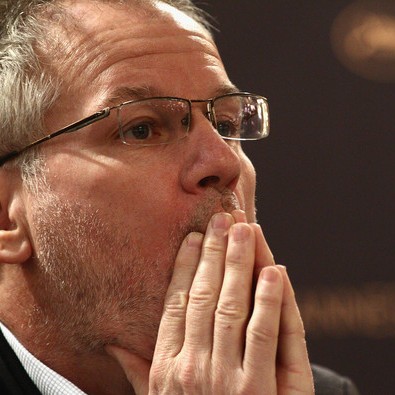
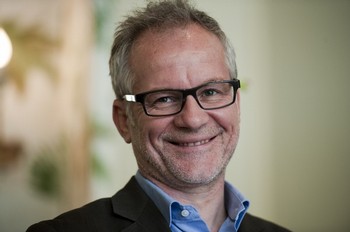
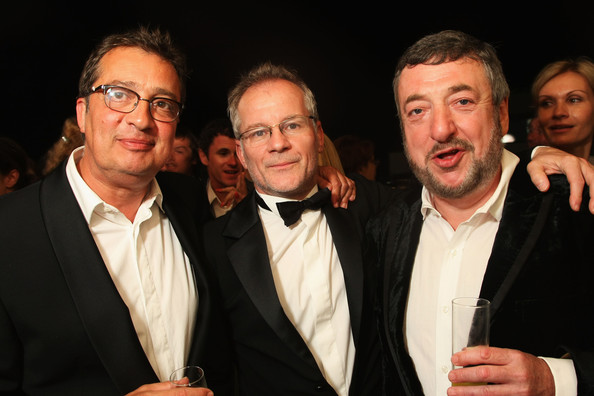
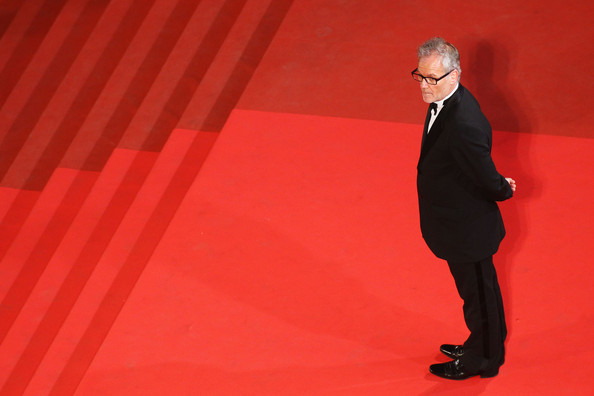
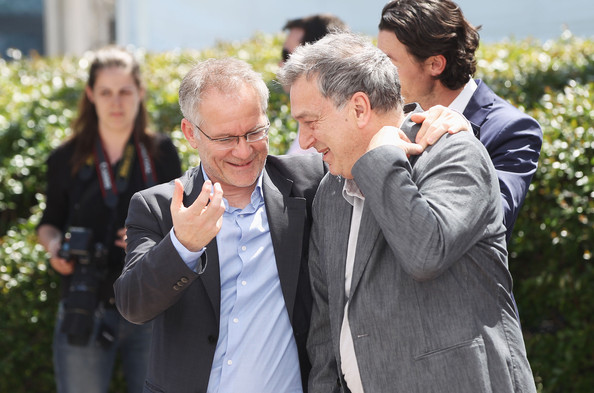
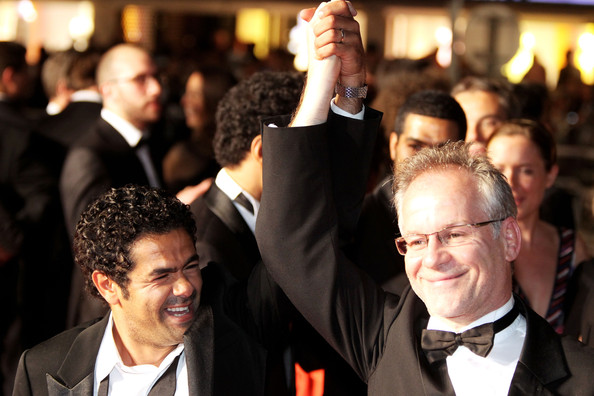
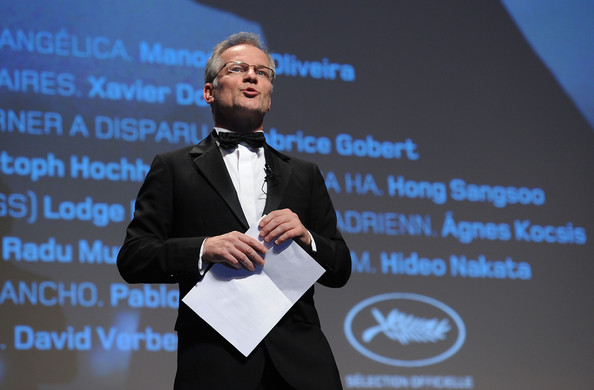
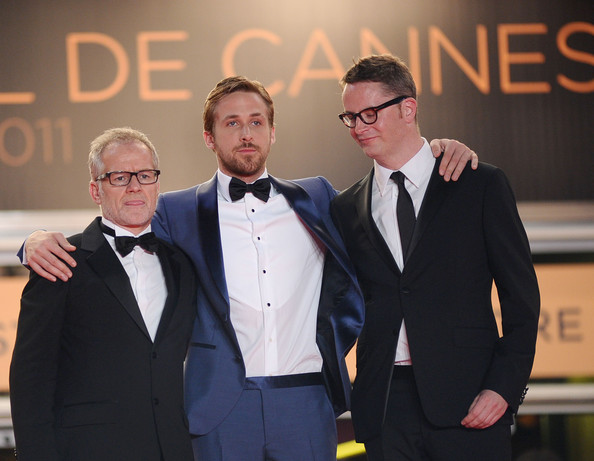
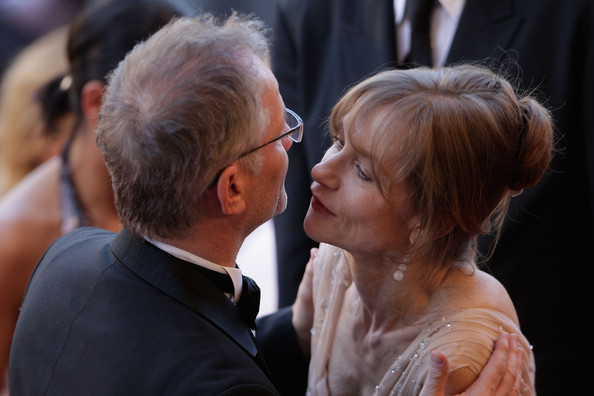
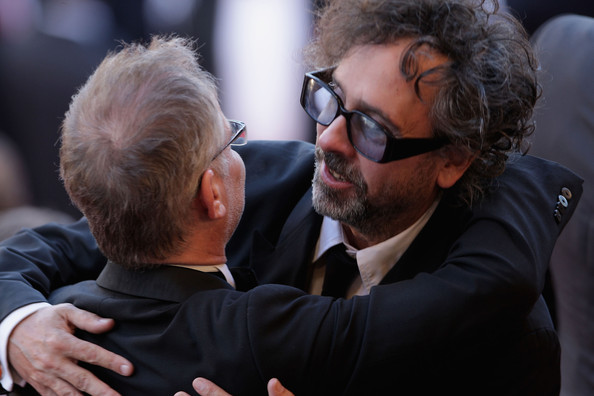



[…] over to the all-new, totally redesigned Screen Comment for an exclusive interview between Ali Naderzad, Editor-in-Chief, and Thierry Fremaux, director of […]